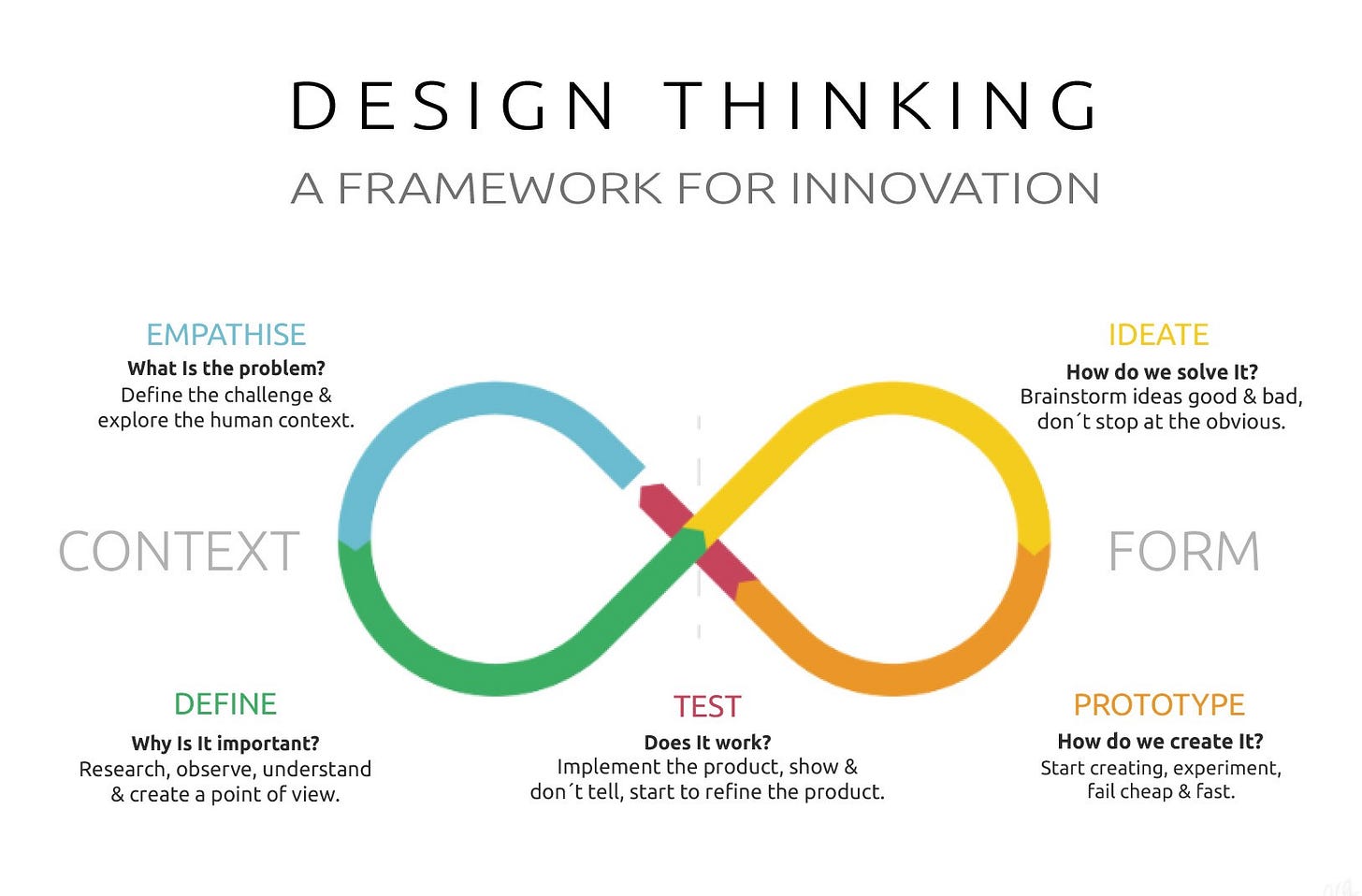On education and the New World Order
Will a new way of working reshape and redefine the lives of teachers, leaders and learners?
First, a caveat. I did not enjoy the ‘freedoms’ of WFH during lockdown. I worked remotely and I think pretty effectively from school by avoiding innovation at all costs. My students and I upped new tools to replicate, as much as possible, the face to face learning experience. My home was full of people and I went to work each day to escape my family, remove myself from the continuous screens, walk between school buildings and interact with the die-hards. We shared a common hatred of working at home and we bonded.
But in the intervening months, I’ve seen so much reporting on the New World Order. I have a partner who chooses his mode of work and that probably won’t regress to the pre-COVID norm. It seems the world is responding, moving on, evolving. And while I’m cynical about oversimplified and utopian motherhood statements about moving away from the evil industrial model (you know, the one that gave rise to mass literacy), I do wonder why the education beast so stubbornly refuses to rethink or innovate. This post is already sounding a little out of character for me, so let me explain.
Strategic plans tend to project goals for a three year period. It’s really crucial to plan forward and set an intention but these plans have become so radically disrupted, they seem more like back of a napkin stuff in hindsight. A lot of these plans are about building human and physical infrastructure in a world where teachers are leaving in droves and (crucially for non-government schools) the bank of mum and dad soon won’t be around for the Boomer-funded fee bursaries. Add to this the climate emergency that will affect pretty much all of the rural Australian boarders and you can start to see why strategic planning underpinned by assumptions about stability just aren’t going to be able to hedge risk. It’s all very optimistic and counterintuitively very static.
So what about a 10 year plan? Assume climate chaos will get worse and offer digital boarding with immersions for student socialisation. Consider flexible work (not less work, not less face-to-face, but a redistribution of responsibilities that will allocate time for planning, marking and teaching) as a strategic recruitment piece. Teaching and planning could be allocated in cycles. Employ admin staff to support teachers, using some of the profits from the low-maintenance digital boarding income stream. Provide professional behaviours and socialisation as part of the wellbeing curriculum.
These are all just thought experiments, but even the fact that strategic plans often don’t include a digital strategy or other income streams tells me that some of the innovative and entrepreneurial mindset is missing from education. Sustainability of vision is important and sometimes innovation is necessary to retain relevance, ease of use and usefulness. There are aspects of the current system that I like. I like routine, I like people, I like structure. This kind of innovative thinking doesn’t mean that the teaching and learning product has to suffer.
Design thinking could be a good solution to issues in education that a lot of teachers want to see solved. It’s not dissimilar to an action research cycle. Perhaps it’s time we modelled the kind of iterative, critical problem solving we want to see in our students. We have the talent and the expertise.


